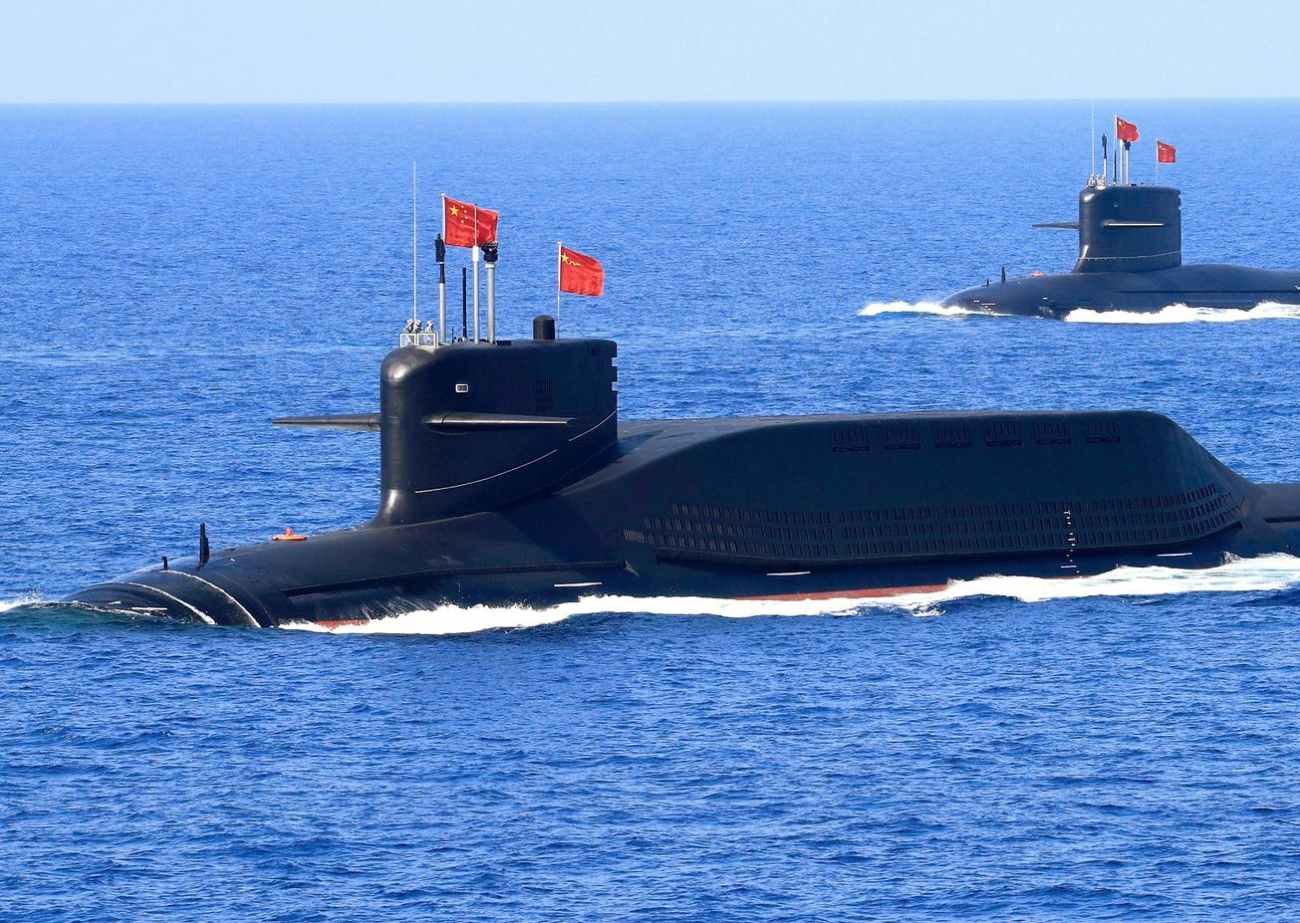Thailand’s plans to acquire Chinese attack submarines ran aground in 2023 after Germany refused to grant an export license for its engine to power the submarines. Bangkok, however, has now decided to proceed ahead with the procurement sans the German engines.
The Royal Thai Navy first announced the intention to acquire three attack submarines in 2015. The vessel chosen was to be a variant of China’s Yuan-class attack submarines. The 2,550-ton, 77.7-meter-long S26T design features a Stirling-type air-independent propulsion system. The submarine, powered by the German MTU 396 diesel engine coupled with the AIP systems, was expected to provide an endurance of 65 days.
A budget-constrained Thailand also inked a government-to-government contract for just one submarine worth USD 390 million in May 2017. Steel on the first submarine was cut on September 4, 2018. The submarine construction was to be completed by 2024.
Get AfriPrime Android Web View app....Click the link to Amazon app store to download https://rb.gy/3xek46
In 2023, Thailand announced that it was canceling the procurement because China failed to integrate the German-made diesel engine into the submarine. However, Germany refused to export the MTU 396 engine intended to power the submarine, citing compliance with the EU embargo on arms exports to China that has been in place since the 1989 Tiananmen Square massacre.
China has three submarine shipyards: Bohai Shipyard, Huludao; Wuchang Shipyard, Wuhan; and Jiangnan Shipyard, Shanghai. China’s submarine industrial base continues to suffer from surprising weaknesses in propulsion (from marine diesel to fuel cells) and submarine quieting.
The denial of the export license by Germany did invite some censure from experts as the Chinese submarines have relied on an imported, license-produced marine diesel from the German engine maker MTU. The German-made 396 SE84 diesel seems to power all the Song-class and Yuan-class submarines that China currently operates.
Because Berlin does not permit the export of submarine engines, the Chinese submarine developer offered the Chinese-made CHD620 diesel engine instead, but the Thai government refused. Following a recent visit by Chinese military and shipbuilding personnel to Bangkok, the tide has been turning in favor of the deal.
The Thai defense ministry has decided to reverse its earlier decision and “agree in principle” to proceed with the S26T purchase.
The submarine will now be delivered with an “unproven” Chinese-made engine despite the Thai government’s previous reservations about it. This compromise comes with a delay, and the first of the submarines is not expected to be delivered by 2027.
The main cause for the delay is that the CHD620 engine has not been integrated with any submarine, including those in China’s fleet. So, testing it for Thai submarines will take time. The main worry about the unproven engine is related to the exhaust back pressure system for discharging diesel exhaust below the surface when operating at snorkeling depth.
To discharge exhaust below the surface, for every meter of water depth, an additional 100mbar of exhaust pressure must be provided to avoid water entering the engine, for which MTU has developed a ‘special charge air system.’
Malfunctions or bad performance in this area of an unproven engine would pose a safety hazard for the crew, and reliability is, therefore, a key concern. In the meantime, Beijing has agreed to provide Bangkok with the submarine simulator and necessary spare parts.

The Chinese Embrace
Submarines are among the most expensive items on the Thai Navy’s purchasing list. The deal also underscores Thailand’s leaning towards Chinese arms. According to the Stockholm International Peace Research Institute (SIPRI), China has become the country’s top arms supplier in the last few years, replacing the US.
A slew of arms embargoes by the US on Thailand after military-led coups in 2006 and 2014 pushed Bangkok into China’s embrace. China has filled the void left by the US by supplying Thailand’s governing military junta with everything from VT-4 main battle tanks to a Type 071E amphibious dock ship.
The People’s Liberation Army Navy (PLAN) currently has five vessels of the Type 071 class commissioned in its fleet, with three more on the way. Thailand became the first export customer of the vessel.
Between 2016 and 2022, Thailand received more arms in terms of value from China ($394 million) than the United States ($207 million). SIPRI database shows that Thailand’s arms imports from China since 2014 include big-ticket items such as a submarine (which has been replaced by a frigate), anti-ship missiles, air defense systems, and armored vehicles.
The added advantage is that Chinese weapons are known to be cheaper than US weapons and suit the needs of budget-conscious Bangkok.
Beijing’s advantage against the US would not remain forever, and a canceled submarine deal would not bode well in the trajectory of the ties between the two countries. Thailand is prized by China partly because it is a rapidly modernizing Southeast Asian nation enjoying access near Bangkok to the Gulf of Thailand, which opens onto the South China Sea.
Get AfriPrime Android Web View app....Click the link to Amazon app store to download https://rb.gy/3xek46


